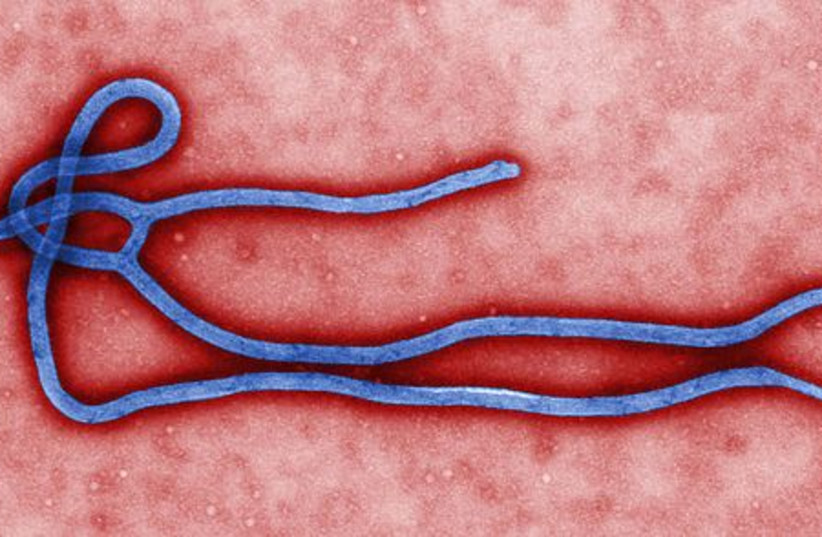An Israeli who had fallen ill after returning from Uganda amid the ongoing Ebola virus outbreak in East Africa was hospitalized in a quarantined section of Sheba Medical Center, KAN News reported on Friday.
Health Ministry officials are reportedly concerned he might have contracted Ebola during his stay in Uganda.
The first Ebola test taken by the patient yielded a negative result, according to the report. He is nevertheless set to remain in quarantine, as symptoms can begin to appear after 21 days.
Israel's Health Ministry requested he takes a second test. In September, the ministry issued a travel warning to Uganda following the Ebola outbreak.
WHO promises vaccines amid deadly Ebola outbreak in Uganda
The East African country declared an outbreak on September 20 and said infections were being caused by the Sudan strain. A total of 54 Ebola cases and 19 deaths have been confirmed thus far in Uganda, with the disease reaching capital Kampala, raising alarm.

There have been worries the spread of infection could be difficult to control because currently there is no vaccine for the Sudan strain.
Despite that, World Health Organization chief Tedros Adhanom Ghebreyesus reassured African regional health officials that a clinical trial of vaccines to combat the Sudan strain of the haemorrhagic fever could start within weeks.
Two of those vaccines "could be put in clinical trial in Uganda in the coming weeks pending regulatory and other approvals from the Ugandan government," he said.
